China will not allow any country or force to trigger war or chaos in the Asia-Pacific region, Minister of National Defense Dong Jun said on Sunday in Singapore, while making his debut at the Shangri-La Dialogue, an elite global security forum.
In his keynote speech, themed on China's approach to global security, Dong emphasized that the development, achievements and stability of the Asia-Pacific region have not come easily. "These are the results of the collective wisdom and joint efforts of the people in the region, and should be highly cherished," he said.
"We do not allow hegemonism and power politics to harm the Asia-Pacific region, we do not allow geopolitical conflicts or cold and hot wars in the region, and we do not allow any country or force to create war and chaos here," he stressed.
In the face of common security challenges, no country can remain unaffected, and there is no such thing as absolute security or exclusive security, Dong said, noting that there is a long-standing tradition of "helping neighbors in need".
Despite the ups and downs over the decades, common development and win-win cooperation have always been the mainstream trend, he said, emphasizing that decoupling and building "a small yard with high fences" have no takers in the Asia-Pacific region.
China seeks common security based on equality and respect, values openness and inclusiveness, and is determined to safeguard its core interests, he said.
The minister reiterated China's stance on issues related to the South China Sea and the Taiwan question. While the overall situation in the South China Sea remains stable, certain countries — incited by external forces — have abandoned bilateral agreements, violated their commitments, and deliberately provoked disputes and misled public opinion, he said.
"China has shown considerable restraint toward these provocative actions, but this restraint has its limits," he said, expressing the hope that the countries concerned will recognize the stakes involved and return to the path of dialogue and consultation.
Regarding the Taiwan question, Dong said that safeguarding national sovereignty and territorial integrity is the sacred mission of the Chinese military.
The People's Liberation Army will take "timely, resolute and powerful actions" to thwart "Taiwan independence" forces and activities, and ensure that such schemes never succeed, he said.
The defense minister is on a six-day visit to Singapore, which concludes on Monday, and is holding talks with senior security and defense officials from more than 10 countries and organizations, including the United States, Japan, Australia, Singapore, Cambodia and the European Union.
On Saturday, U.S. Defense Secretary Lloyd Austin delivered a keynote speech at the Shangri-La Dialogue, emphasizing his country's leadership in the "Indo-Pacific" region.
Zhang Chi, an associate professor at PLA National Defense University, said that Austin's speech focused only on the interests of "small circles and groups", whereas Dong's speech addressed significant security concerns of the entire Asia-Pacific region and the world, and offered a solution in the form of the Global Security Initiative.
The GSI is China's most important proposal for addressing global security differences and conflicts, Zhang said. "The key points of the initiative are to seek dialogue rather than confrontation, achieve win-win outcomes rather than zero-sum games, and forge partnerships rather than alliances," he said.
The expert pointed out that the U.S. has established a series of alliances and partnerships in the Asia-Pacific region, as well as several mini-multilateral security mechanisms, including the trilateral security partnership among the U.S., the United Kingdom and Australia and the Quadrilateral Security Dialogue.
Zhang argued that these mechanisms are "closed and exclusive", which would harm the unity of the Asia-Pacific region. "They may create more divisions and conflicts in the region, ultimately affecting regional stability and prosperity."
He Lei, former deputy head of the PLA Academy of Military Science, said that Dong's speech reflected China's security vision, which advocates common, comprehensive, cooperative and sustainable security.
The U.S. establishing a series of alliance systems and security cooperation mechanisms is essentially aimed at introducing an Asia-Pacific version of North Atlantic Treaty Organization, fostering bloc confrontations to achieve leadership in the region, he said.
"That will not bring peace and stability to the region, but rather conflicts, contradictions and even war," he added.








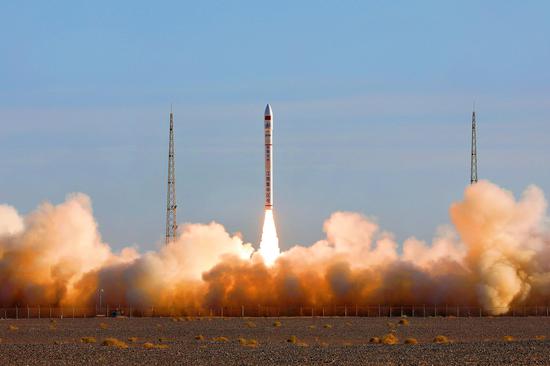
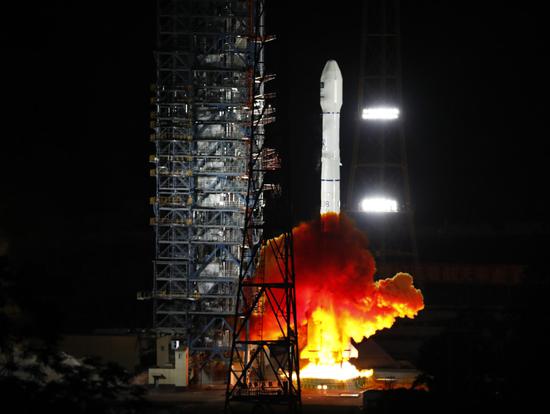
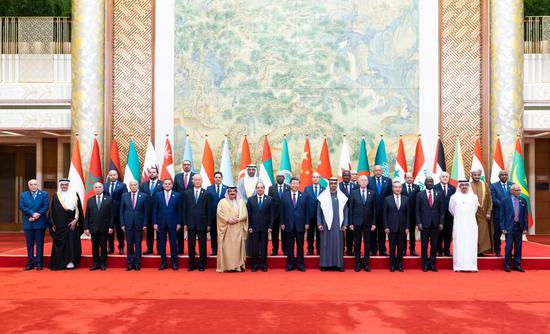

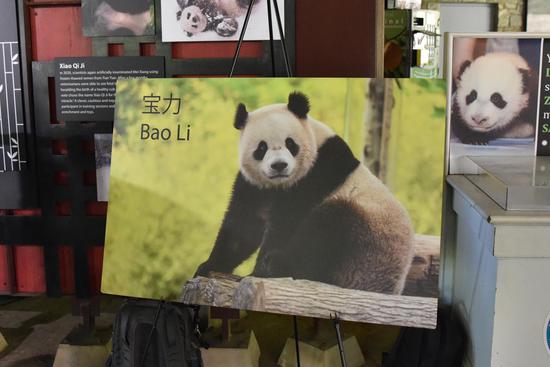
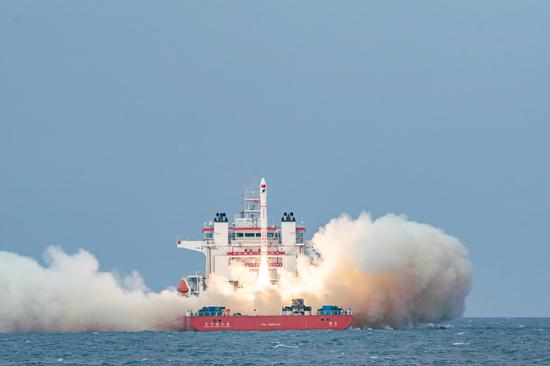

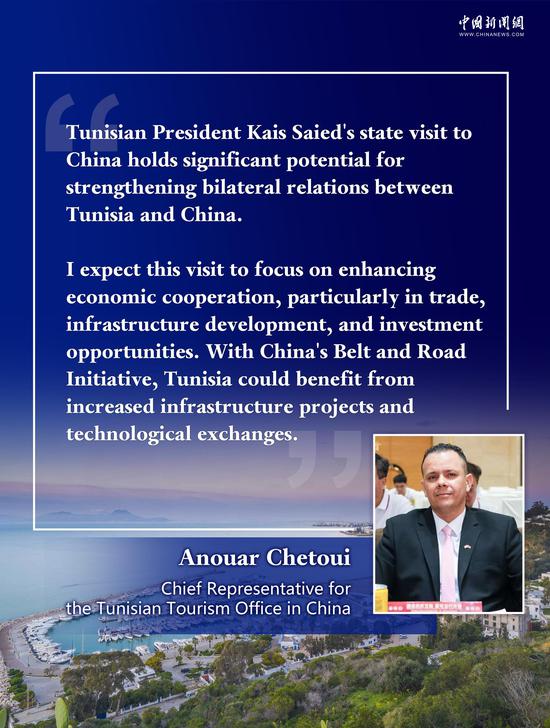
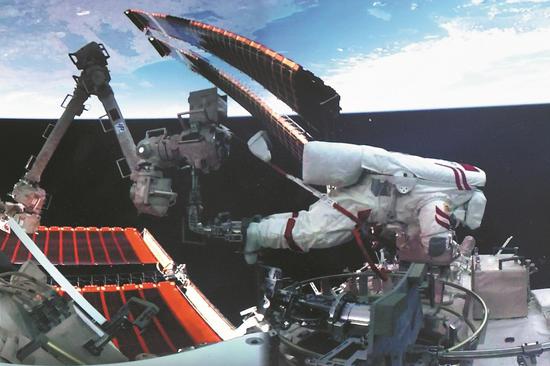

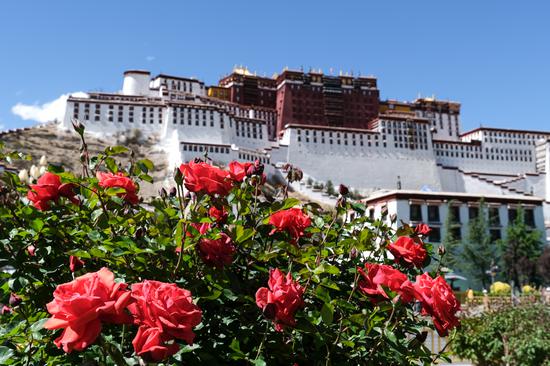



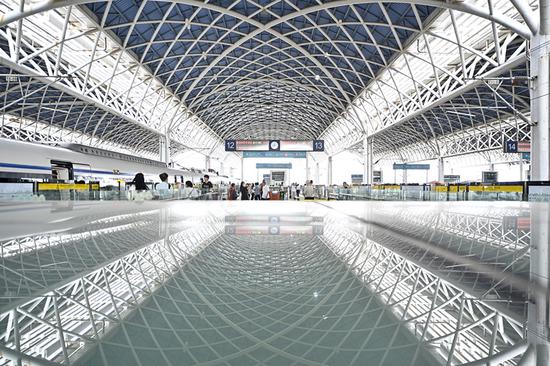

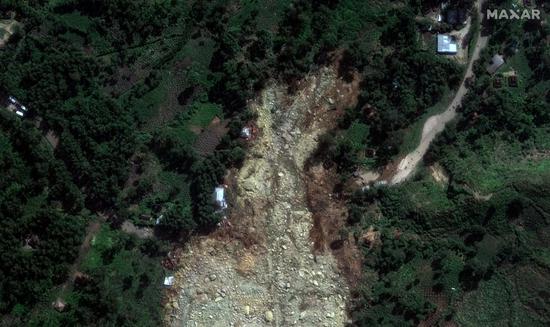








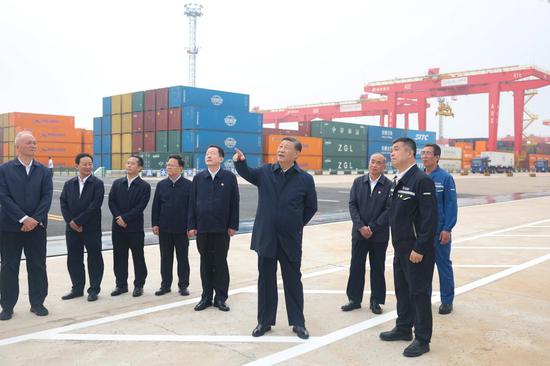

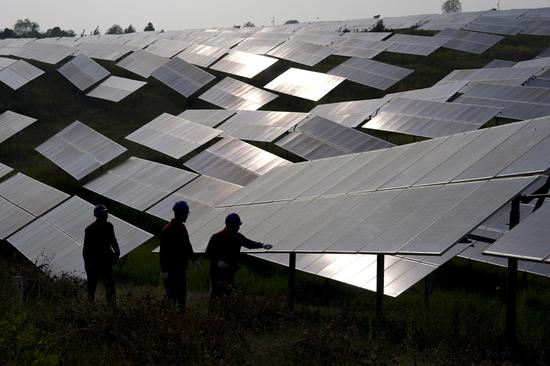

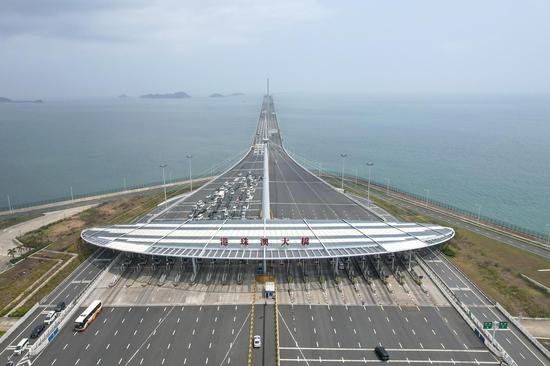

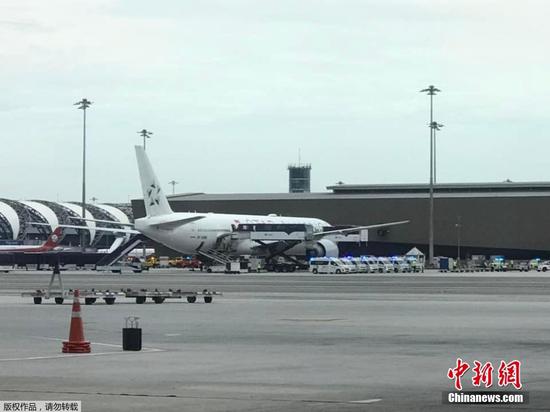

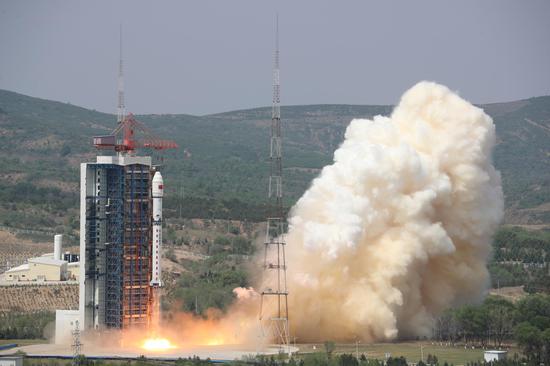
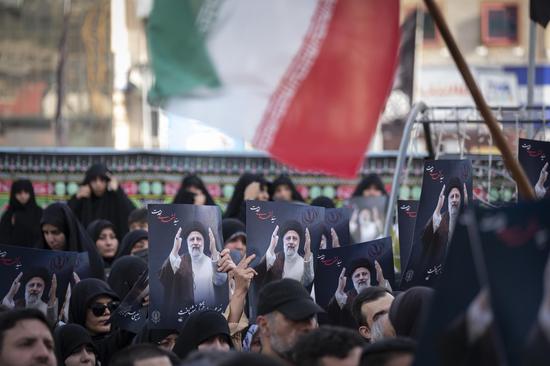
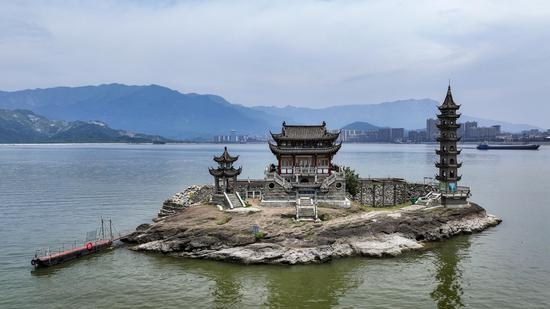
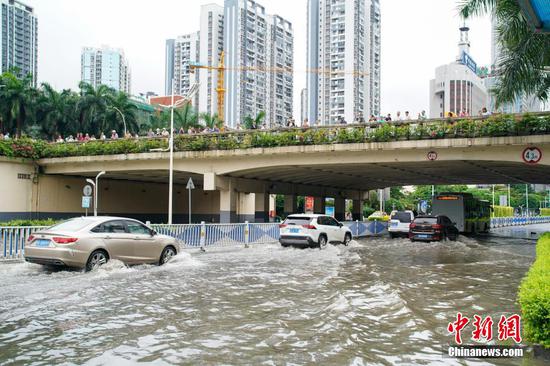





 京公网安备 11010202009201号
京公网安备 11010202009201号